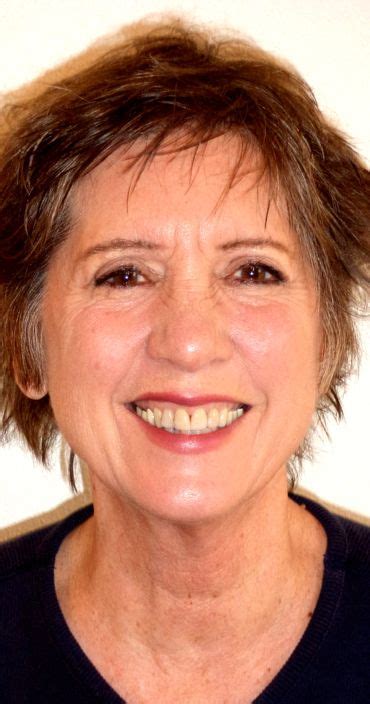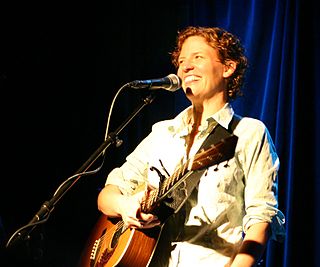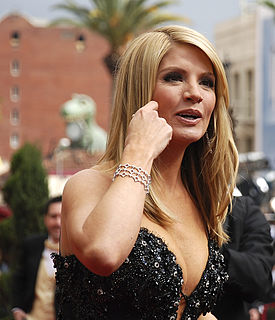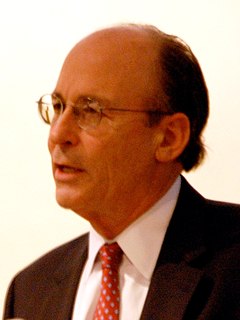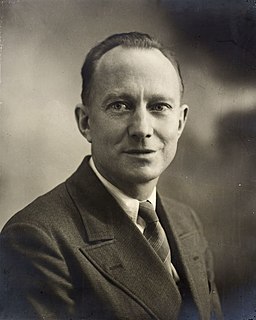A Quote by James Taylor
There'll come a writing phase where you have to defend the time, unplug the phone and put in the hours to get it done.
Related Quotes
Give yourself the gift of uninterrupted time. It can be the first hour of your day. Or the last hour. A lunch hour. You want time free from phone calls, visitors, mail, things to read. Unplug the phone if you have to. Lock your door. Put a sign on it that warns people of the consequences of entering. Do what you have to and watch the results. One hour of uninterrupted time can double a person's productivity for the day.
I hate being called lazy, so when everybody gets up at half seven in the morning, I'm up at the same time. Everyone goes to work and I'll do a few hours of writing, then I'll mess about for a bit and come back to it. By the time I go home I'm done. I think it's really good to keep that kind of a routine with writing. I find that when I don't do that, it's really hard to get back into that headspace of writing.
Turn off your cell phone. Honestly, if you want to get work done, you’ve got to learn to unplug. No texting, no email, no Facebook, no Instagram. Whatever it is you’re doing, it needs to stop while you write... A lot of the time (and this is fully goofy to admit), I’ll write with earplugs in - even if it’s dead silent at home.
Writing and producing the show is an intellectual process. Performing the show is far more athletic and intuitive, because you don't get to do it twice. It helps if you've done whatever the old saw is, 10,000 hours of it. Because I've done 10,000 hours of comedy, I have this database in my mind of what works and what doesn't work.
Finding balance in life is perhaps the greatest challenge of this generation, especially for women. I've decided that I need to compartmentalize my life better. From the time my kids get home until after dinner, I put my phone away. If I pick it up, my kids call me on it, and I have to put money in the "phone jar." When the phone jar gets full, the kids can spend the money on fun family outings, like going to a movie or going to their favorite restaurant. This unplugged time has helped me to be more mindful and give them my full attention.
Work done by other people sounds easy. How hard can it be to take care of a newborn who sleeps 20 hours a day? How hard can it be to keep track of your billable hours? To travel for one night for business? To get a 4-year-old ready for school? To return a few phone calls? To load the dishwasher? To fill out some forms?
When I work there are two distinct phases: the phase of pushing the work along, getting something to happen, where all the input comes from me, and phase two, where things start to combine in a way that wasn't expected or predicted by what I supplied. Once phase two begins everything is okay, because then the work starts to dictate its own terms. It starts to get an identity which demands certain future moves. But during the first phase you often find that you come to a full stop.

